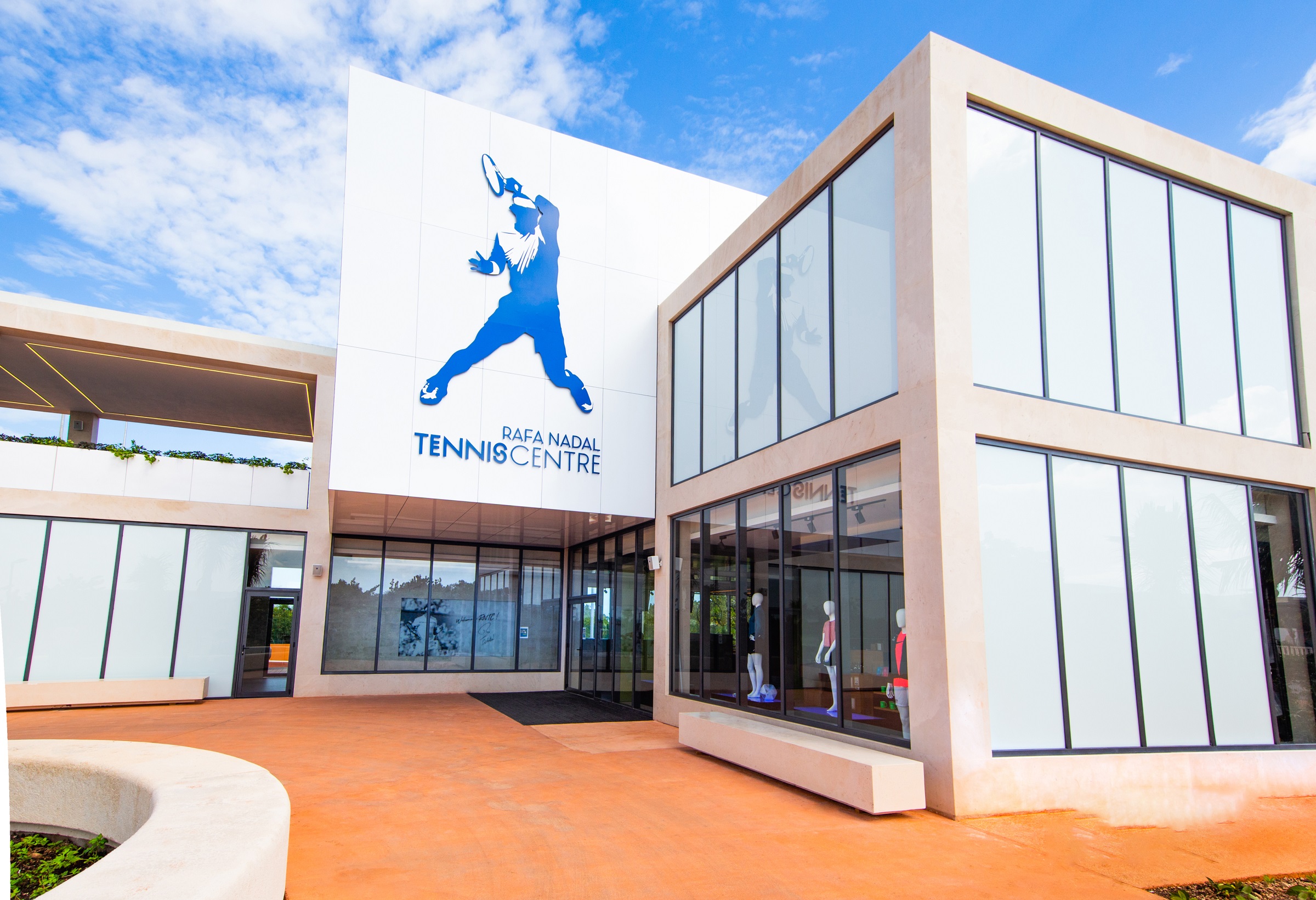Microfinance is actually a type of solutions websites that is certainly provided to small businesses and entrepreneurs who also don’t have access to traditional money. This includes financial loans, credit, use of saving accounts, insurance policies and funds transfers.
Mini finance institutions are major sources of financing for low income persons and small business owners that terribly lack access to classic banking products and services or have no collateral. These institutions present loans and other financing offerings at practical rates.
The purpose of this research is to know how microfinance and entrepreneurship happen to be linked in Kazakhstan, a nation undergoing changover to some market overall economy. We strive to shed light on how microfinance devices small business production and formalisation in a transition context and also to explore borrowers’ relationships with MFOs at distinct stages of your process.
Our study generates on growing literature that assessments a teleological approach to microfinance (Ault & Spicer, 2014; Chliova, Brinckmann, & Rosenbusch, 2015) and advises a more educational inquiry that asks even more open problems about how microfinance relates to entrepreneurial outcomes in transitional contexts. This requires making use of methodologies that happen to be more empirically-informed, attuned for the agency of everyday entrepreneurs and more contextually-situated.
All of us explored borrowers’ relationships with MFOs by using a field review of 86 clients in Almaty and Almatinskaya zones in Kazakhstan, which are representative of both the Overseas MFOs that focus on group lending and MFOs offering individual loans to clients. The analysis also looked at the relationship between borrowers and their MFOs, which was influenced by a array of factors which includes their backdrop characteristics, organization characteristics and patterns of microfinance use.




